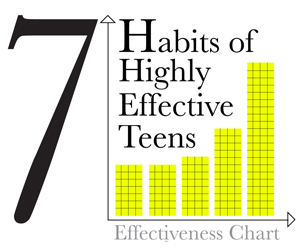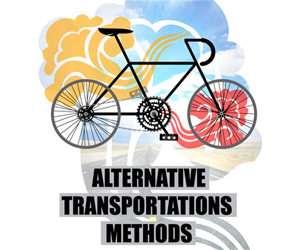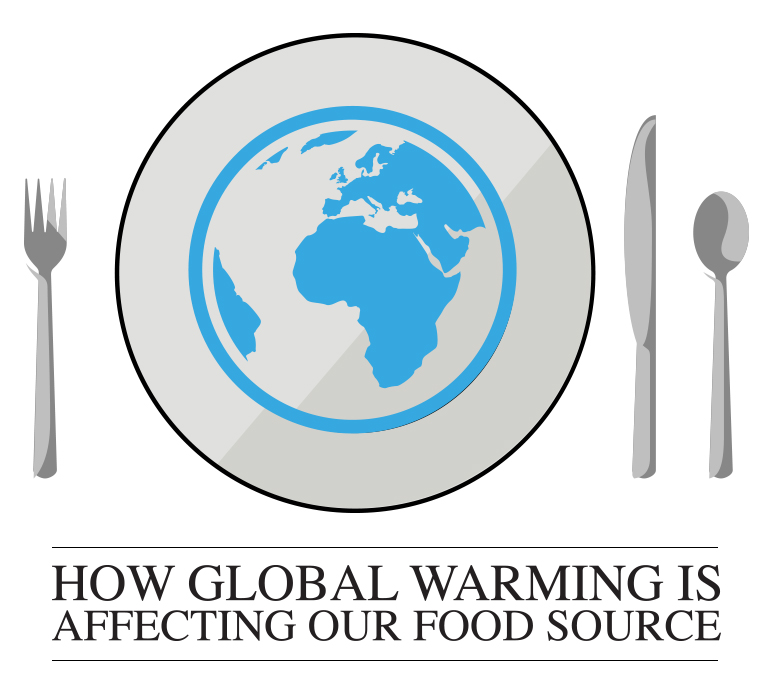
From 1972 to 2014, the yearly average temperature in Singapore has increased from 26.6 to 27.7 degrees celcius. That’s an increase of 1.1 degrees. The Ministry of Environment and Water Resources reports that by the end of the century the daily average temperatures will increase by 1.4 to 4.6 degrees celcius.
While that might not seem very significant on its own, the effects of climate change, such as intense storms, flooding and prolonged droughts, are threatening global food security. In Singapore, we are particularly vulnerable to changes in global food supply and prices, because we import most of our food. In fact, less than 10% of our food is produced within Singapore. Even what seems like a small increase in global temperature can cause changes in weather patterns that will disrupt crops grown in other countries, and finally our food supply.
Climate shocks will affect food supply and prices for Singapore
A study undertaken at Nanyang Technological University (NTU) predicts more intense and frequent changes in food production around the world due to climate shocks like storms. For example, flooding and storm surges could affect rice production in north-eastern Thailand, and fishing in the waters of South-east Asia could reduce, as fish migrate away from the Equator to escape warmer oceans and increasingly acidic waters. These events and their effects are not imaginary. For example, during a dry spell in February 2014, high temperatures lowered the amount of oxygen in Singapore’s seawater and caused mass fish deaths in coastal farms.
Some farmers are already feeling the effects of climate change. The southern Mekong Delta in Vietnam, which is responsible for most of the country’s rice production, is suffering the worst drought to hit the country in nearly a century. This is expected to hit rice harvests hard.
But because Singapore’s food supply is sourced from around the world, Dr Cecilia Tortajada, a researcher at the National University of Singapore, says that we may not feel changes to supply as much as other countries that produce their own food. “If food from one source does not come, either due to climate change issues or other local problems, such as disruptions at the farm level, Singapore can source its food from other countries,” Dr Tortajada told The Straits Times.
We need to think about the future of our food source
More than 90 percent of Singapore’s produce is imported from countries such as Malaysia, Japan and even Brazil. But while our supply from countries like these is secure now, the NTU study suggests that we still need to think about the way that climate change can affect our food production in the future. This should include planning imports of produce from a range of locations, because when production is limited the exporting countries will see to their local markets and needs first. Other suggestions include investing in food processing and storage systems so that more food can be kept longer.
The Agri-Food and Veterinary Authority of Singapore (AVA) has also suggested that increasing the production of local farms could help with Singapore’s food supply.
Our families can support this by buying from local farms, and – as writer Michael Pollen suggests in the New York Times – increasing our independence by growing even some our own food.
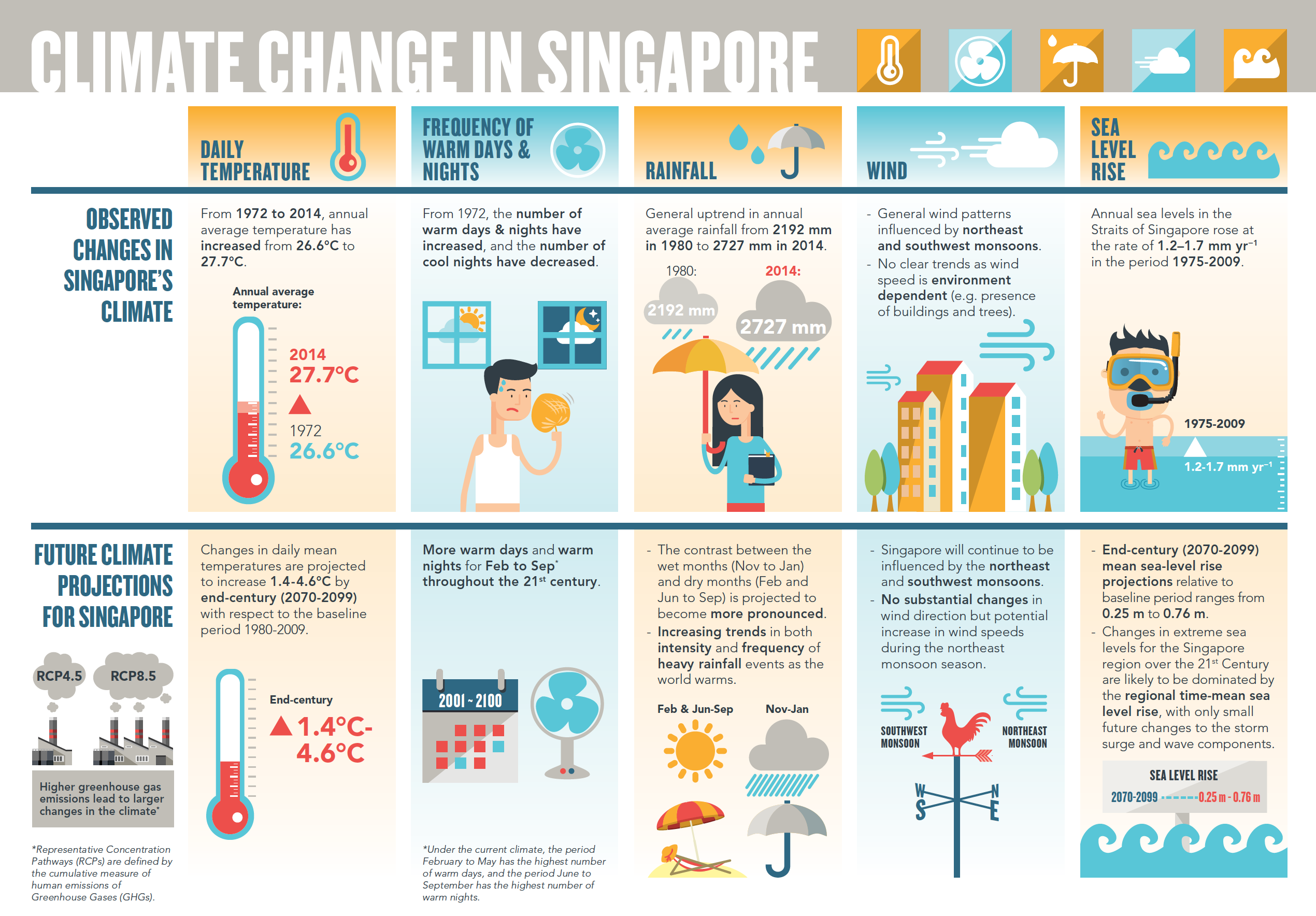
Source: Ministry of the Environment and Water Resources https://www.nccs.gov.sg/climate-change-and-singapore/national-circumstances/impact-climate-change-singapore
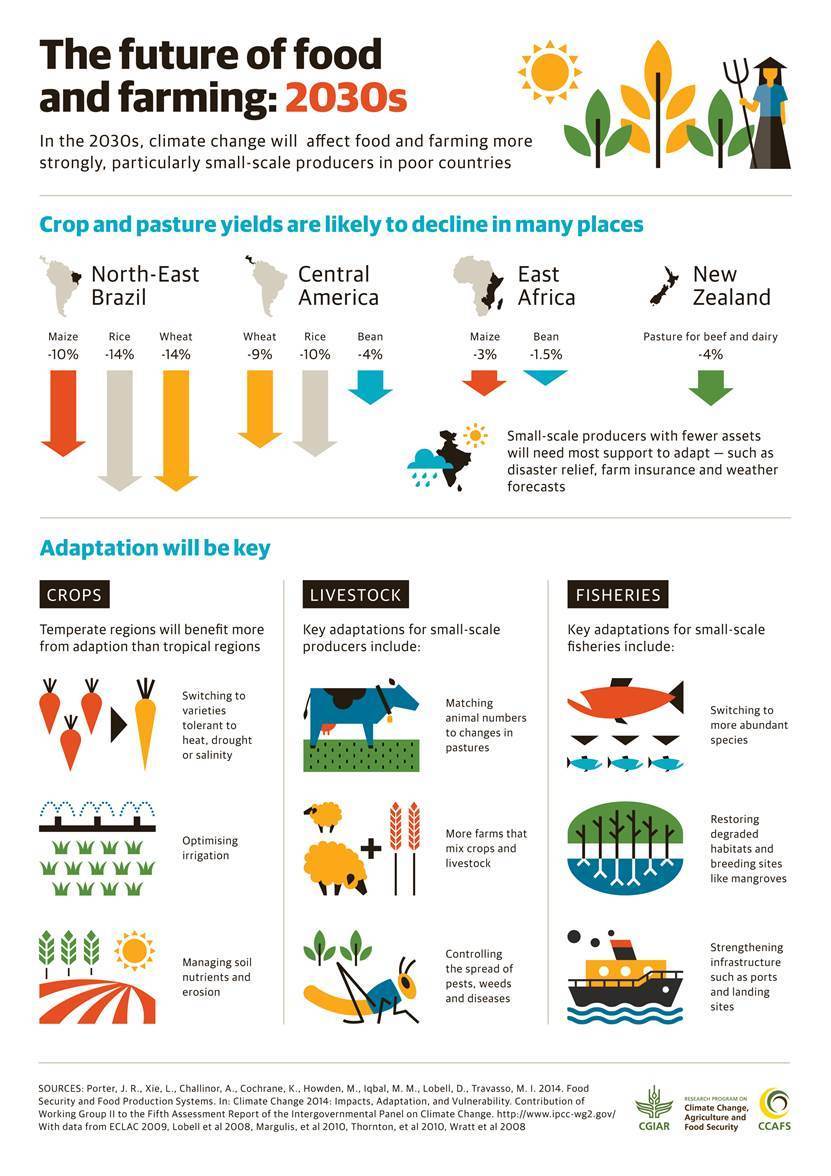
Sources: https://www.nccs.gov.sg/climate-change-and-singapore/national-circumstances/impact-climate-change-singapore and http://www.straitstimes.com/singapore/global-warming-hits-rice-bowls












